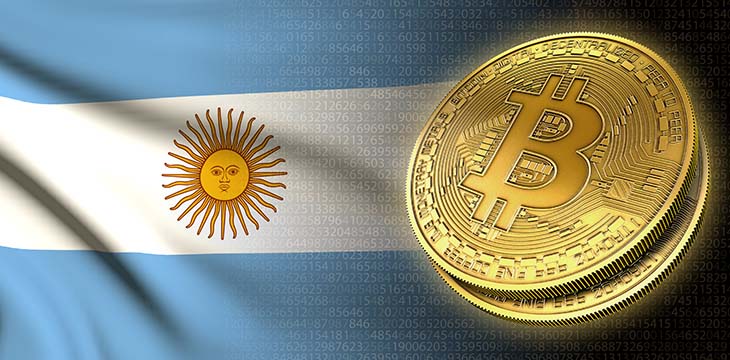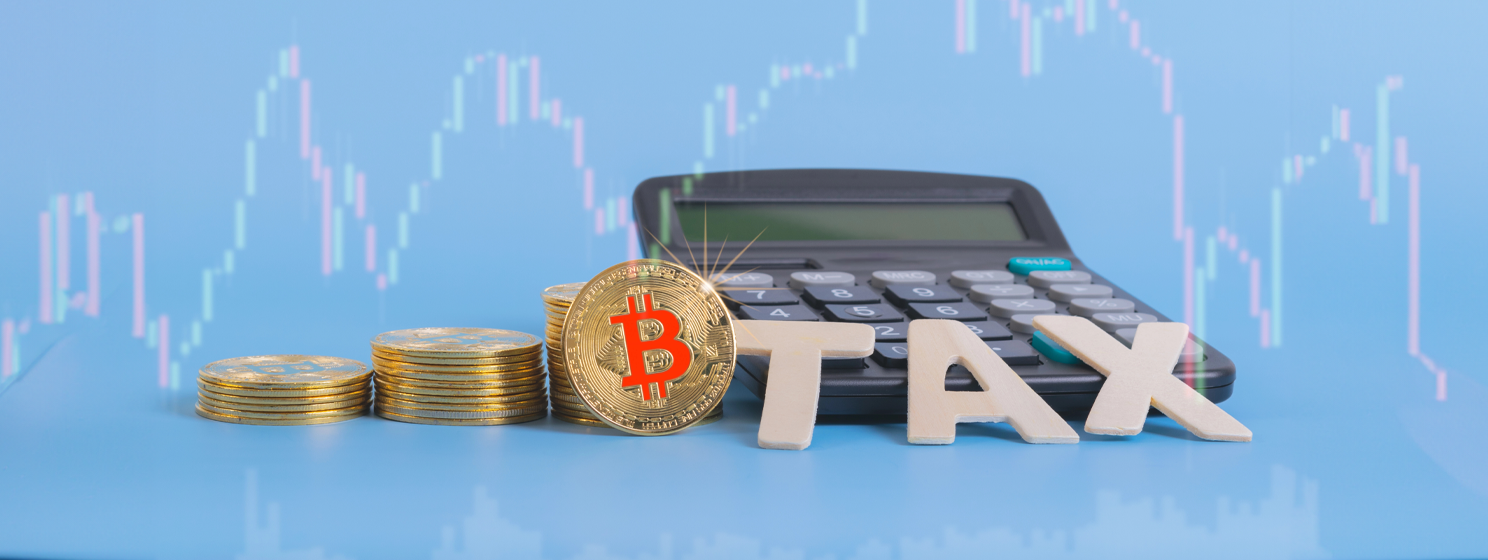|
Getting your Trinity Audio player ready...
|
Argentina’s Ministry of Economy has submitted a draft bill before the country’s parliament seeking to offer benefits for disclosing digital assets held outside traditional institutions.
The bill, titled the “Externalization of Argentine Savings,” will offer a reduced tax burden on individuals that voluntarily disclose their digital asset holdings. Individuals who choose to disclose their holdings within three months of the law’s passage will be required to pay only a 2.5% tax on capital gains on digital currencies.
The window for individuals to take advantage of the tax incentives will run for up to a year before the tax burden attains parity with the established capital gains tax of 15%. Residents seeking to reveal their holdings must make a sworn statement disclosing the extent of their digital assets.
Local news outlet Errepar reported that the bill will be given an accelerated hearing in extraordinary sessions. According to Minister of Economy Sergio Massa, the bill aims to reduce the scourge of money laundering currently plaguing the Argentine financial sector.
The bill also targets other mainstream assets in foreign jurisdictions, like real estate, shares, and fiat currencies in foreign accounts. To take advantage of the incentives, residents with funds outside the country will have to deposit them in entities within the control of either the central bank or security watchdogs in the jurisdictions.
“The bill provides for the laundering of possessions in national and/or foreign currency in the country and possession of foreign currencies abroad, financial assets of the country and abroad, real estate and personal property in the country and abroad, and other assets such as credits,” the Errepar’s report read.
Argentina’s near digital assets adoption spike
In early 2022, the conditions were ripe for virtual currencies to thrive in the country as inflation stood in double digits, with the central bank devaluing the national currency. Thousands of local investors waded into digital currencies seeking a hedge from unfavorable macroeconomic conditions.
At the time, Argentina was ranked tenth in Chainlysis’ Crypto Adoption Index, leaving enthusiasts brimming with confidence over the future of the local industry. Not wanting to be left out of the party, Argentina’s banking institutions got in on the action with banking giants Banco Galicia and Brubank offering virtual currencies to their customers.
Things turned grim when the central bank issued a new rule precluding banks and other financial institutions from facilitating virtual currency transactions. The move drew the ire of enthusiasts in the country, with some quarters blaming the move on the central bank’s need to curry favors from the International Monetary Fund (IMF), Argentina’s major lender.
Watch: The Future of Financial Services on Blockchain: More Efficiency & Inclusion

 03-05-2026
03-05-2026 




